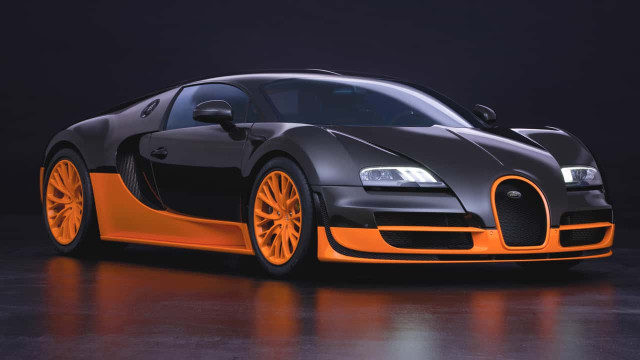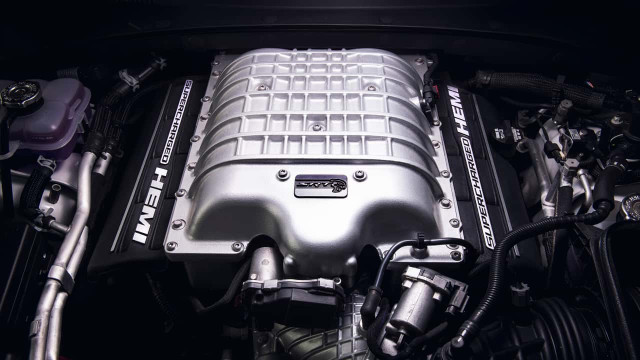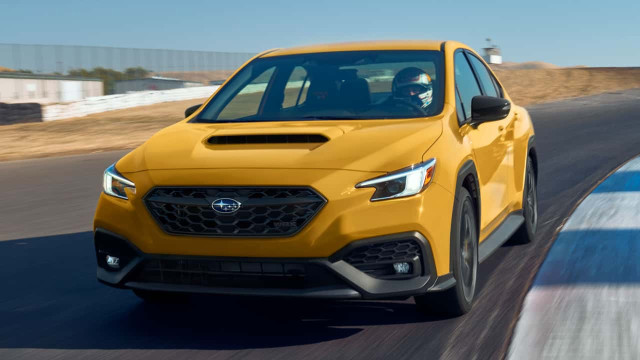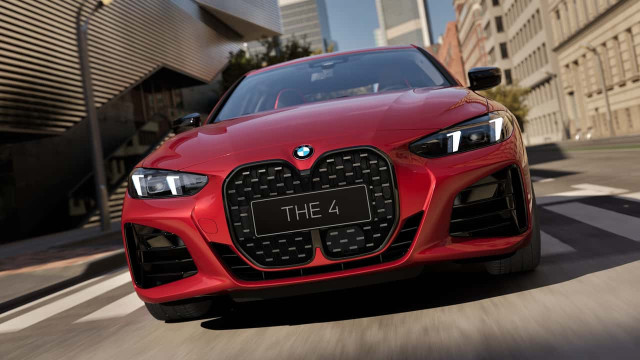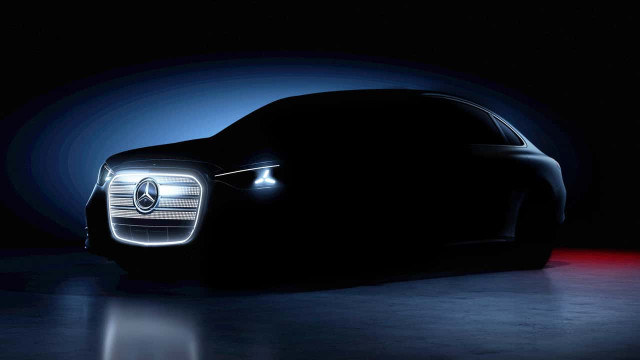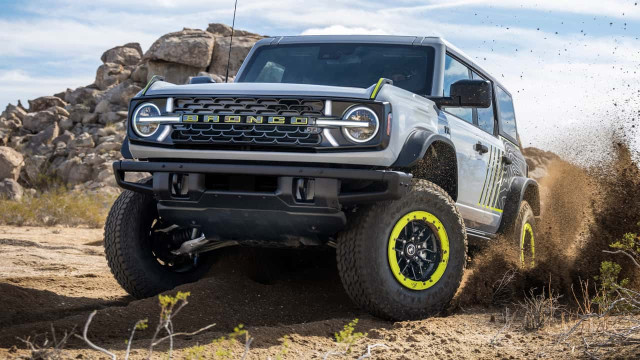Wealthy Individuals Favor Leasing Over Purchasing Cars: Here's Their Strategy
An avid property investor highlights that the wealthy prefer leasing vehicles instead of buying them, citing cars as depreciating assets.
Abi Hookway (@abihookwayproperty) suggests that investing money in a car detracts from accumulating wealth through valuable assets.
Her reasoning gained immense popularity on TikTok, amassing over 6.8 million views. In the viral video, she stands amidst a vast parking lot filled with various cars before delivering a compelling message encouraging people to lease rather than buy their vehicles.
"The affluent don't purchase cars. This is where my team parks their vehicles, and I can tell you that 90% of these cars are leased," Hookway states at the beginning of her video.
She further explains, "These cars are financed through funds or loans, making them owned liabilities. Millionaires avoid this approach. Instead, they lease their cars and invest in assets that generate passive income."
Maximize Investments by Leasing Vehicles
Hookway argues that investing in assets that appreciate can cover the expenses of leasing a new car.
"With the passive income from their investments, they opt to lease high-end vehicles," she elaborates.
"Why choose leasing over buying? Because cars lose value over time. Investing in something that depreciates doesn't make financial sense."
She then outlines the transportation choices of the ultra-wealthy.
"Instead of buying depreciating vehicles, they invest in appreciating assets that generate passive income, allowing them to lease their cars," Hookway explains.
"Remember: We lease liabilities and purchase assets."
"This knowledge remains closely guarded among the rich, but I'm here to share it," she concludes her video.
Avoid Purchasing New Cars
Other financial experts resonate with Hookway's perspective. CNBC cites self-made millionaire David Bach, who states that buying a brand-new car is "the single worst financial decision millennials can make."
GoBankingRates echoes this sentiment in a 2024 article, emphasizing the primary drawback of buying cars: depreciation.
The rate of depreciation varies based on the car's age. For example, purchasing a new car can lead to a 20% loss in value within the first year.
Over five years, the depreciation can reach up to 60%, depending on the vehicle's make and model.
Bach advises potential car buyers to consider purchasing used vehicles that are three to five years old. These cars often retain some of their original manufacturer’s warranty and may have already addressed any recalls.
More importantly, buying a slightly used car allows buyers to avoid the steepest depreciation periods.
Deciding Between Leasing and Buying
Some financial advisors advocate for the "one-percent rule" when leasing a car.
Essentially, this rule suggests that if the monthly lease payment is around 1% or less of the car’s total cost (including taxes), it's considered a favorable deal.
However, leasing comes with other considerations. Mileage limits are a common restriction, typically set at 12,000 miles per year. Exceeding this limit can lead to additional costs, making leasing less economical for frequent drivers.
Alternatively, purchasing a reliable used car might be more cost-effective in the long run.
Nonetheless, some individuals may prefer leasing to always drive the latest models equipped with the newest features.
Motor1 has reached out to Hookway for further comments and will provide updates upon receiving a response.
